Keywords: Decisions
There are more than 200 results, only the first 200 are displayed here.
-
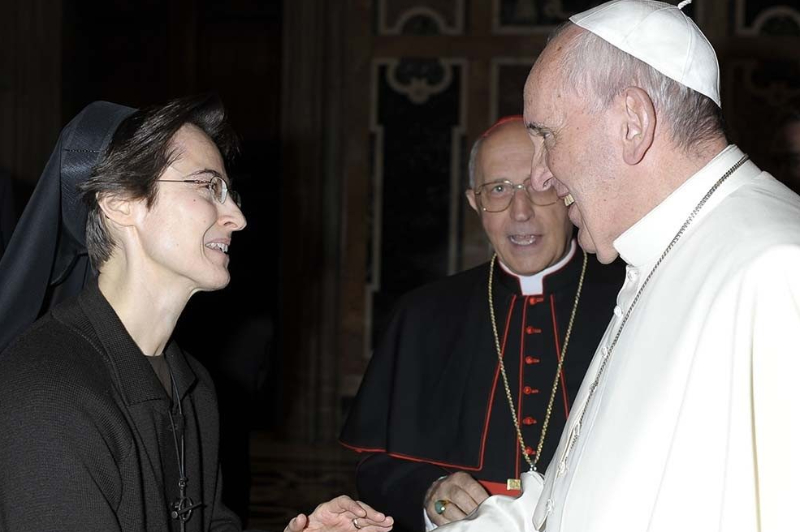
RELIGION
- Andrea Dean
- 18 November 2021
74 Comments
It’s good news to see women being appointed to significant roles within the Catholic Church, including several recent appointments of women to important positions in the Holy See. In early November Pope Francis appointed Sr Raffaella Petrini as secretary-general of the Vatican’s governorate.
READ MORE 
-
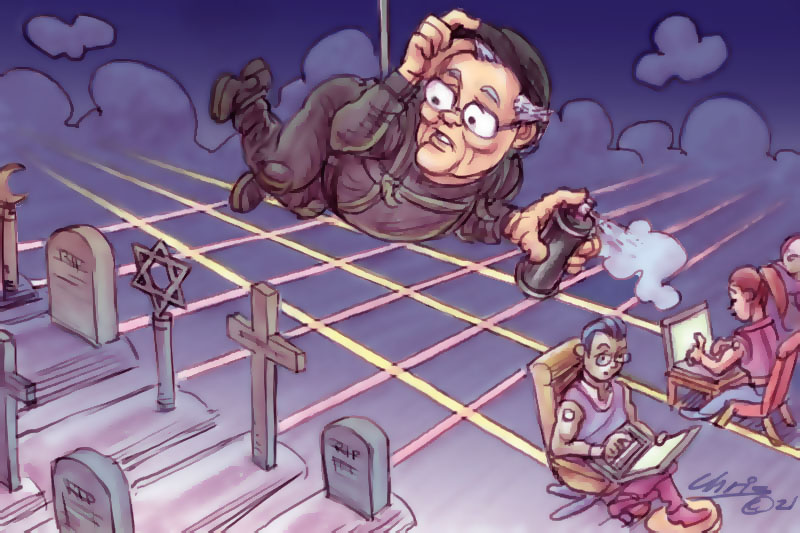
AUSTRALIA
- Tim Dunlop
- 15 November 2021
8 Comments
The experience of the Covid-19 pandemic has been like the aerosol used in those heist movies, where the cat burglar breaks into the museum and sprays the air to reveal the invisible lines of power that criss-cross the space between the door and cabinet where the treasure is kept.
READ MORE 
-

RELIGION
- Geraldine Doogue
- 15 November 2021
61 Comments
How do I assess our Plenary Council thus far? Or make sense of its related word-of-the-moment, synodality? With apologies to Churchill, dare I hope it is the ‘end of the beginning’? But of what precisely? A priest-friend distilled the challenge rather well last week to me: what would success look like?
READ MORE 
-
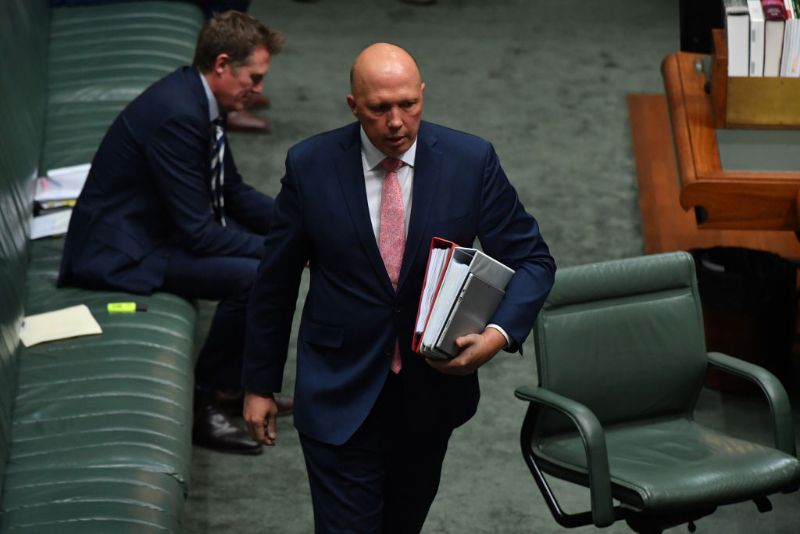
AUSTRALIA
- Cristy Clark
- 10 November 2021
9 Comments
Peter Dutton has recently argued that funds for defamation actions should be a ‘workplace entitlement’ for Members of Parliament (MPs). I’d like to repeat that another way: the Honorable Peter Dutton, Commonwealth Minister for Defence, would like the taxpayer to fund MPs to sue members of the Australian public for defamation.
READ MORE 
-
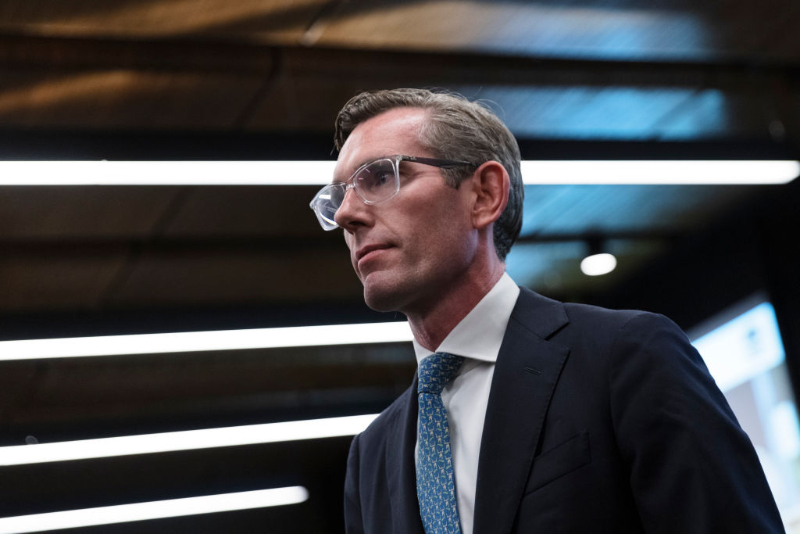
AUSTRALIA
- Julian Butler
- 01 November 2021
21 Comments
The elevation of Dominic Perrottet to the Premiership of New South Wales caused a flurry of commentary about his religious faith. In many parts of the media his politics and personality were framed by his Catholicism. I watched on with a degree of discomfort, and with a sense of possibility. Could some of the bigoted characterisations invite a richer conversation about the ideals and deeper narratives that enliven our public leaders?
READ MORE 
-
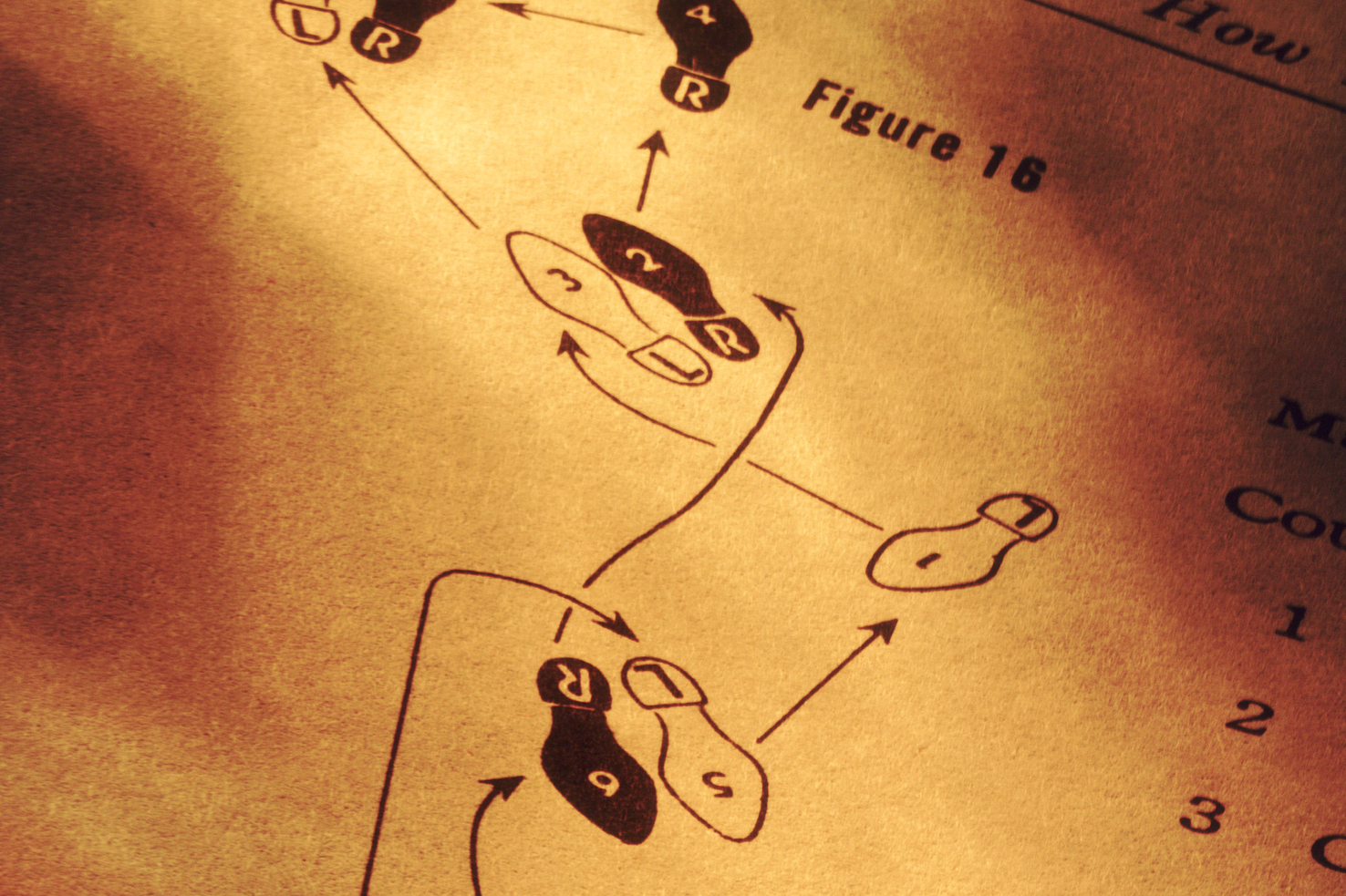
RELIGION
- Francis Sullivan
- 25 October 2021
32 Comments
The First Assembly of the Fifth Plenary Council held few surprises. The program made sure of it. Proceedings were carefully choreographed and the agenda was deliberately anodyne. It took several days before participants found their feet. The upshot was a week devoid of strategic focus.
READ MORE 
-
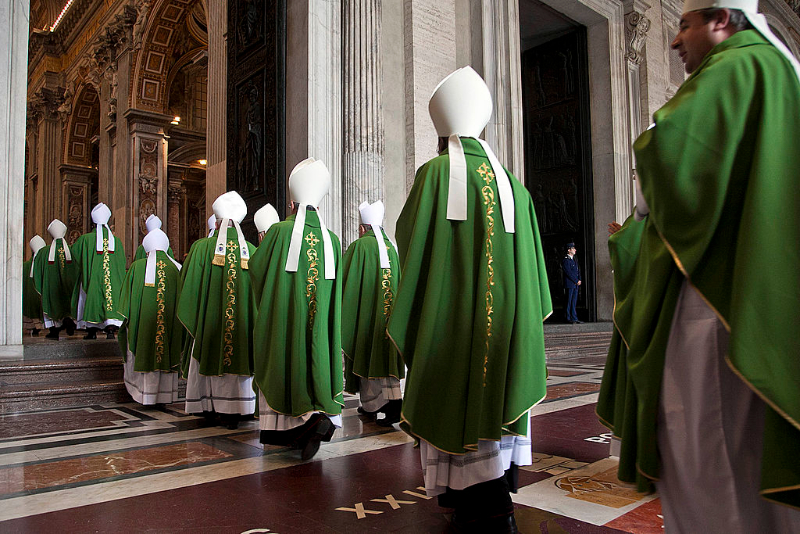
RELIGION
- Brian Lucas
- 21 October 2021
32 Comments
One takeaway from the First Assembly of the Plenary Council that might come as no surprise is that the controlling elite in the Church, the bishops, are not dependent on popular support. They are appointed not elected. They are generally irremovable. They come from a culture that is about preserving ‘the tradition’ (which can easily be expanded to include historical novelties that are not really part of the tradition). Moving into the new world of synodality brings obvious challenges.
READ MORE 
-
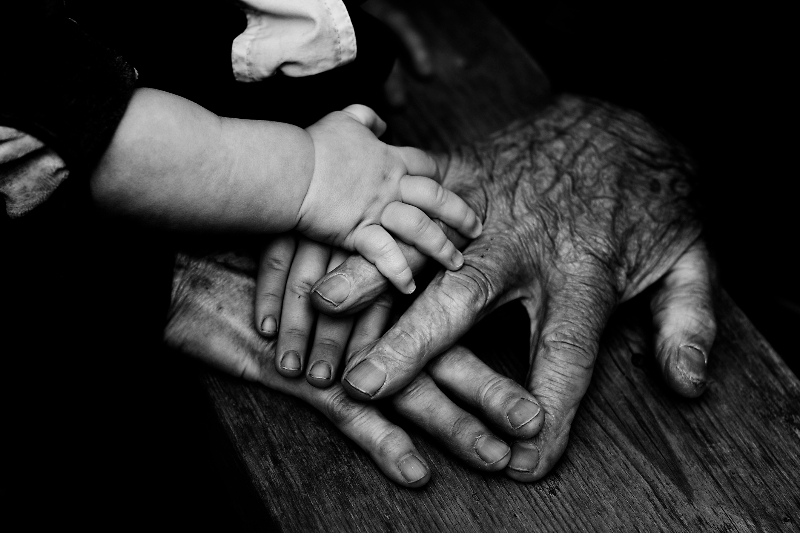
AUSTRALIA
- Andrew Hamilton
- 06 October 2021
40 Comments
Some weeks ago I wrote about the taking of human life and of the loss of its sacred connotations. I argued that the decisive consideration governing recent legislation in such issues as abortion and assisted dying has been the appeal to individual choice, supported by compassion for people who suffer from their denial. Whether we welcome this trend or regret it, as I do, we all have an interest in asking what effect it will have on society. In this article I would like to explore this question in a way that opens rather than closes conversation.
READ MORE 
-
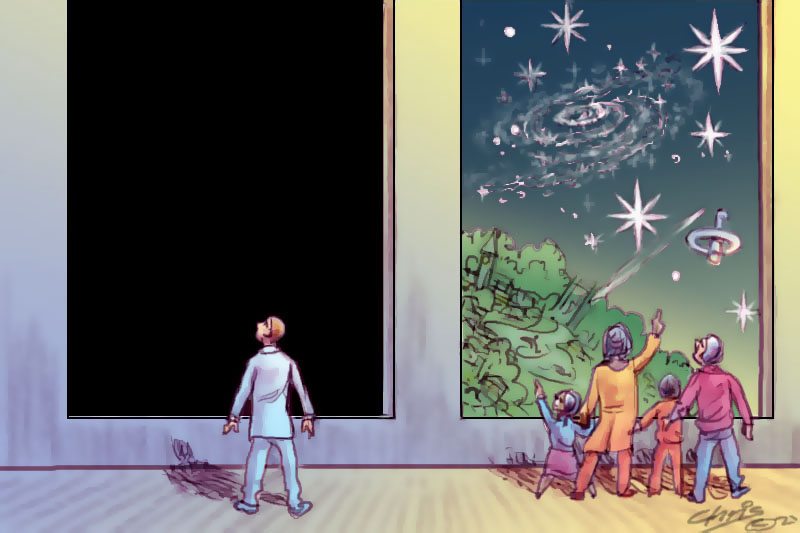
ARTS AND CULTURE
- Joel Hodge
- 05 October 2021
63 Comments
Does life have meaning? Or, as the new nihilists suggest, is life meaningless? A new book, The Sunny Nihilist, by writer and journalist, Wendy Syfret, puts the case for nihilism as an antidote to the obsessive search for meaning and purpose that many modern people experience.
READ MORE 
-
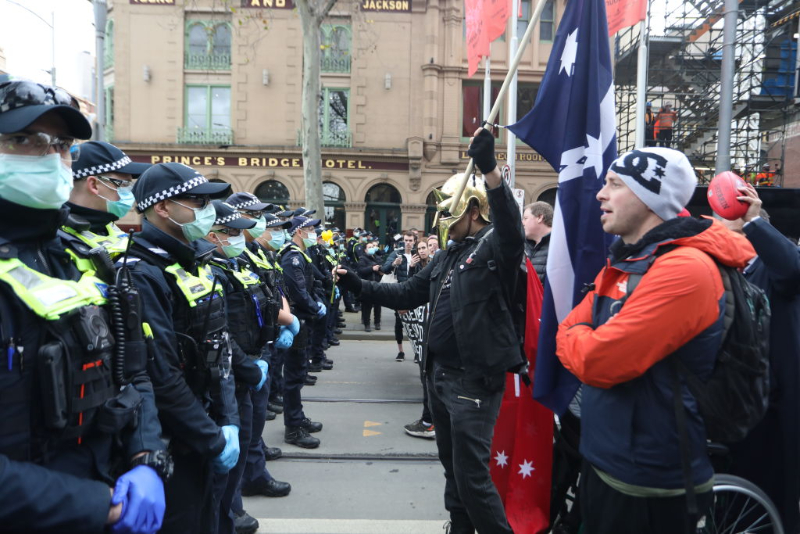
AUSTRALIA
- Julian Butler
- 28 September 2021
9 Comments
Walking down to the local Saturday morning street market, I wasn’t expecting to find myself amidst the beginnings of a violent protest. Seeing some police, I thought they were out and about to ensure the public weren’t taking too many liberties with the slightly eased restrictions that had come into effect for Melbourne the previous night. But half a dozen on each corner of Church St and Bridge Rd in inner-city Richmond suggested something more.
READ MORE 
-
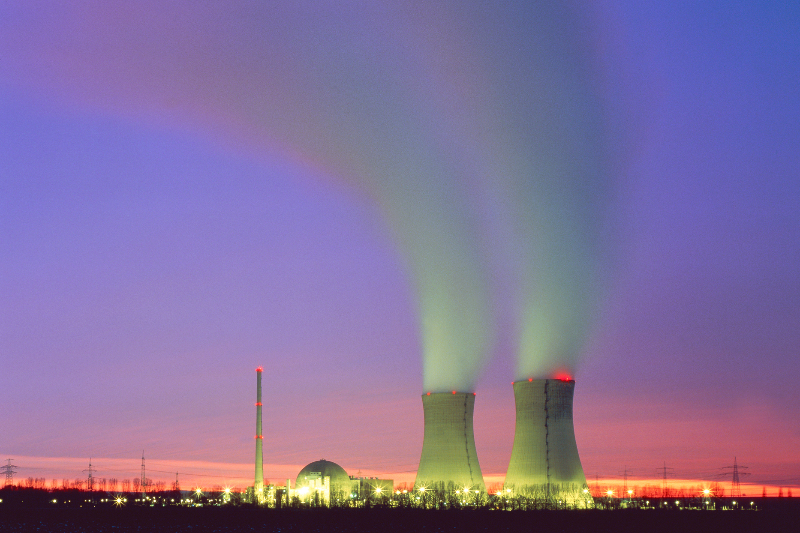
AUSTRALIA
- Andrew Hamilton
- 23 September 2021
15 Comments
Unlike December 25, September 26 is a World Day that passes by in silence. It calls for the Elimination of all Nuclear Weapons. Nuclear power is too mysterious to understand, too horrific to dwell on, and too far away to take responsibility for. It and its destructive power are unthinkable. And yet it continues to press on us, most recently in the announcement that Australia will build nuclear-powered submarines.
READ MORE 
-

RELIGION
- Andrew Hamilton
- 09 September 2021
24 Comments
In recent weeks the value of human life has become a topic of public conversation in different contexts. Proposed legislation on abortion and assisted dying has continued to focus attention on it. Debate about loosening COVID restrictions has also balanced the risk of death from the disease with risks to health and economic welfare from lockdowns. In Afghanistan the victory of the Taliban has again raised questions about the morality of the war and the killing involved by both sides.
READ MORE 